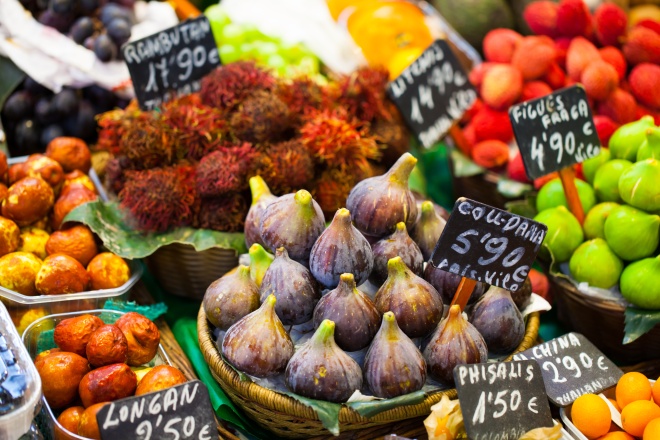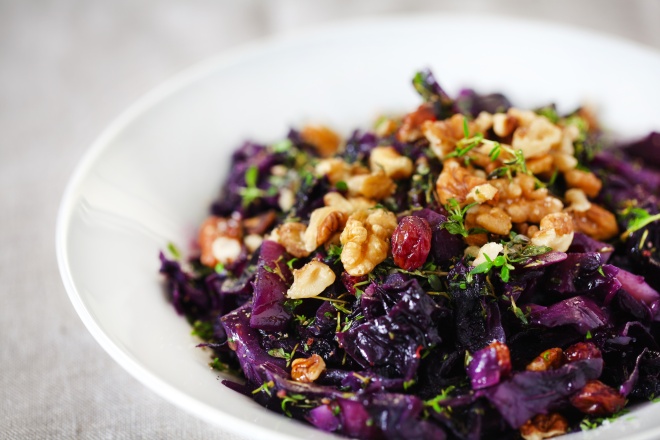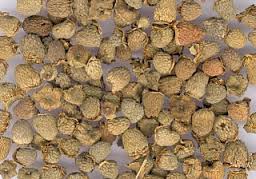It seems that every couple of years a new diet takes over that completely rewrites how we eat. Its endless benefits are touted, as is new research that attempts to contradict the logic behind the last dietary trend. With so many people yelling about ‘their diet’, which will now finally give you the energy, stamina, and health that you have always sought, it’s hard to know what to do and which diet actually is the best.
The answer in two words…it depends. Though this is certainly an unsatisfying answer, it is a reality that takes into account the very different body types that people have. There is no universal diet, because there is no body that universally functions the same. Of course there are some basic guidelines that all people should follow, no one will thrive on a diet of fried foods, but in terms of eating organic whole foods, exactly how one should eat depends entirely on your body. Different people process food differently. The same meal that can make one person constipated will not affect another. It’s important to know your body, how it functions, and how it reacts to different foods. Your body is intelligent and will tell you what it is missing and what it needs.
A comment I often get from people when I am doing nutritional counseling is that they know they should be eating healthy but that their body is definitely not craving vegetables. This is of course unsurprising. Years of eating processed foods that are high in sugar, salt, and fat leave our bodies without a compass for the foods it needs. The beginning of getting back to our dietary intelligence begins with the simple yet complex advice that author and food researcher Michael Pollan gives ‘eat food’. If you can follow this simple rule and begin paying attention to your body you will realize that it has been speaking to you for years, and now you have the ability to listen!
For more information go to: http://www.ameliedemahylac.com





Recent Comments